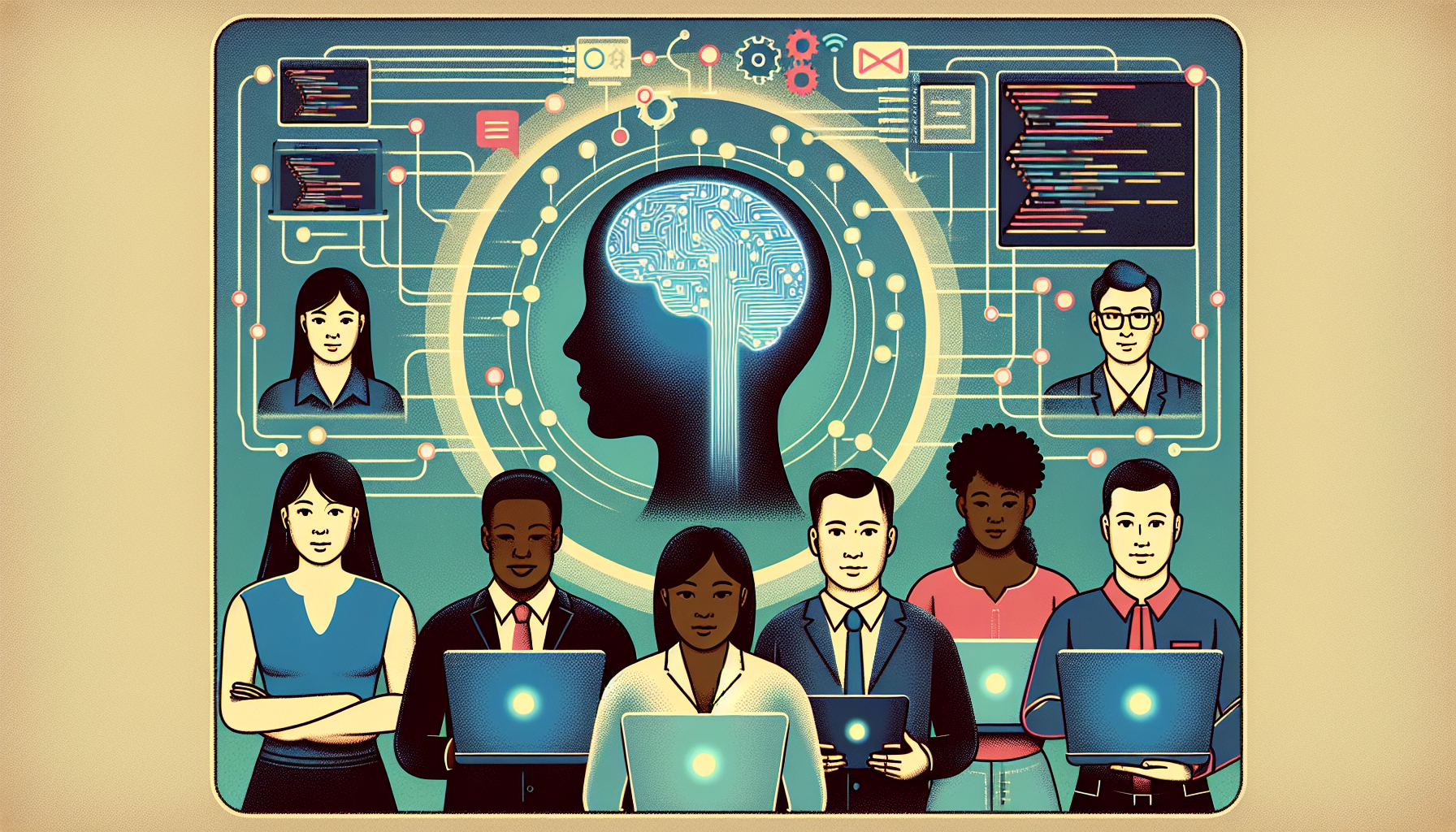Artificial intelligence is quickly redefining how the world’s top tech companies hire engineers. At organizations like Canva, using AI tools in engineering interviews is now a must, reflecting both the demands of modern work and how fast technology is advancing. This shift doesn’t just test if candidates can write code—it asks whether they can actually use AI as part of their everyday problem-solving.
The Evolution of Engineering Interviews
In the past, engineering interviews focused mostly on answering coding questions or designing systems on a whiteboard. But that’s changing. Today, with AI tools integrated into the interview process, employers can better understand how candidates truly think and work.
- Efficiency: AI tools help companies quickly and accurately judge a candidate’s coding and problem-solving skills. These digital assistants can automatically analyze code, find errors, and measure how well a candidate solves complex problems. That means less waiting and fewer chances for unintentional interviewer bias to shape the results.
- Relevance: AI is becoming part of everyday engineering. By using these tools in interviews, companies make sure that those they hire are ready to work the way real-world tech teams do—side by side with smart digital partners.
- Fairness: Because AI can use set scoring systems, it helps ensure that hiring isn’t swayed by personal opinion. This increases fairness, and opens doors for more diverse talent to succeed.
What Modern AI-Powered Interviews Look Like
Candidates preparing for AI-driven interviews should expect a process that tests both knowledge and real-world ability.
- Technical Screening: Here, you might face coding challenges or quizzes focused on AI, such as machine learning basics, fundamentals of neural networks, or questions about key AI algorithms. AI systems can automatically review your solutions, checking for soundness and creativity.
- Project Presentation: Many interviews now include time to present your personal AI or engineering projects. This shows not just your technical know-how, but your ability to turn ideas into working solutions—and to clearly explain your choices.
- Behavioral and Team Fit: Just like before, interviewers will ask about how you solve problems, work with others, and communicate on a team. But increasingly, they’ll also want to see how you think about the responsibilities and ethics of working with AI.
A growing number of employers also explore how much candidates understand about AI ethics. This reflects the deepening public discussion about responsible technology and its effects on society.
The Role of AI Tools in the Interview Room
AI isn’t just for screening—it’s becoming part of the interview itself. You may be asked to use AI-powered coding assistants or diagnostic software during live exercises. This mirrors the real work environment, where engineers rely on AI tools to analyze code, suggest solutions, and help them debug.
Industry Shifts and What Lies Ahead
With leaders like Canva making AI tool use mandatory, it’s clear this approach is becoming the new normal. Across the tech industry, there’s a move toward interviews that:
- Require AI fluency for all engineering roles, not just specialists.
- Use AI to create challenges that feel like actual engineering projects.
- Rely on data and clear standards to guide hiring, making the process more open and less subject to bias.
AI-driven interviews now offer a more complete and balanced way to judge engineering talent. Those who hope to join leading companies must show that they can not only code, but also use AI responsibly and wisely—from the first interview to the work they’ll do every day.
This shift is more than a change in hiring—it’s a reflection of how AI is transforming software engineering as a whole. Today’s interviews set high standards, matching the powerful tools and rapid change shaping tomorrow’s workplaces.

Leave a Reply